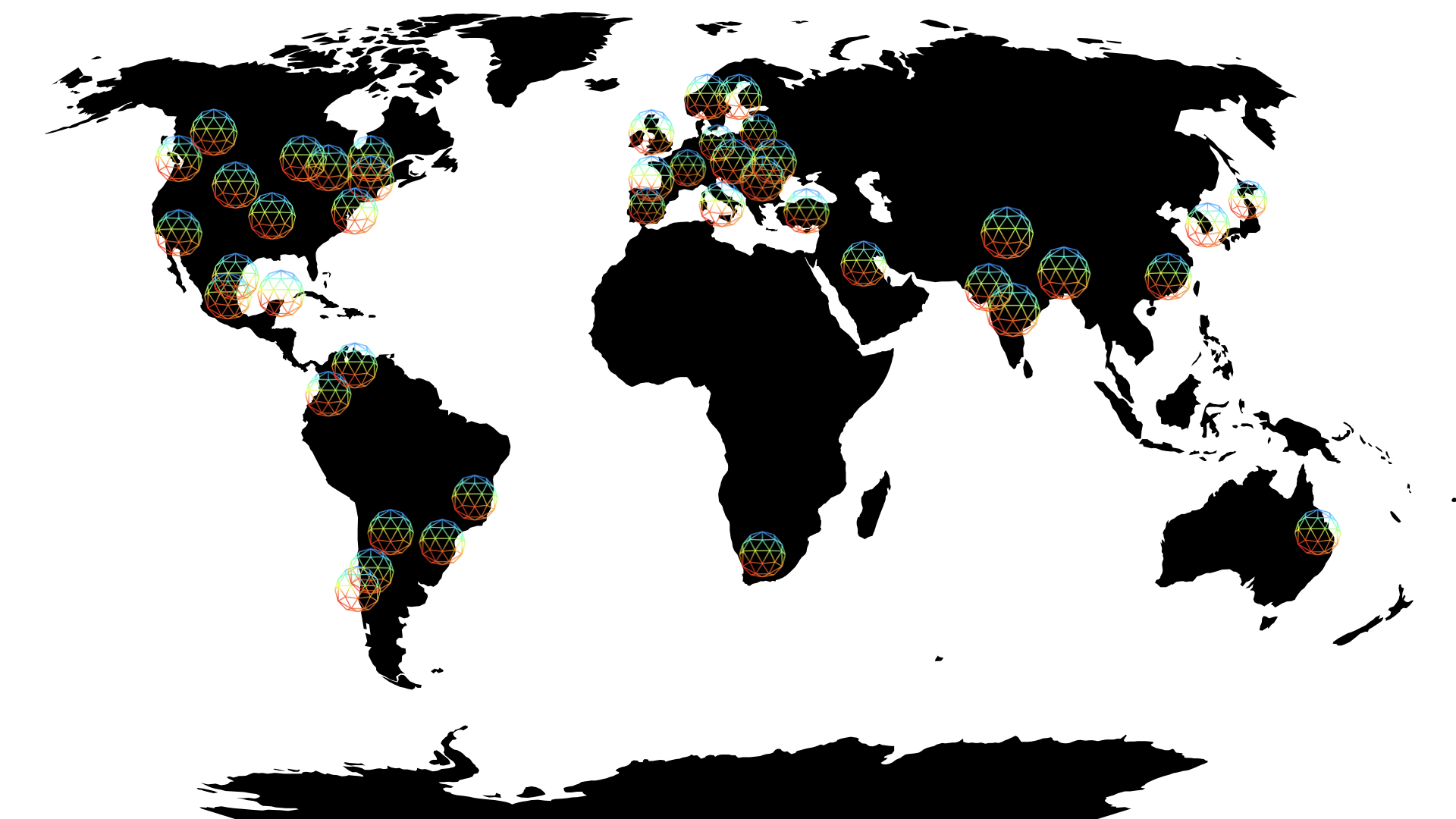This post is guest authored by Eva C. Herbst and Dylan Bastiaans, OLS-2 graduates. See the OLS issue with project journey
Project background
We are researches using FEA (finite element analysis) to model bioemchanical systems. Essentially, in FEA objects are modeled with a discrete number of elements and then the force propagation through the object is modeled. This method allows us to make models of biological systems, so for example testing the effects of different muscles on joint loads or bite forces, or examining how different morphologies result in different stress distributions across bone. FEA is used by biomechanists across a wide range of fields (palaeontology, anatomy, clinical sciences). However, the learning curve for this technique is quite steep and it often relies on expensive software. To make FEA more accessible and to facilitate discussions between different lab groups, we created the FEZ initiative. Our goal is to create a platform where researchers can share their modeling workflows for various programs (including freeware alternatives), so that anyone, regardless of institution, can learn FEA.
Expectations from this program
We wanted to learn how to make our resources more openly available and inclusive. We also wanted to learn technical skills such as creating a contributor-driven database, using github and learning about licensing and DOIs.
Goals set at the beginning of the project
Our goal was to figure out the best way to host our database of workflows and enable contributions from researchers all over the world.
Key understanding and accomplishments
We learned how to use github (which will enable contributors to share their workflows), we learned about licensing (contributors will be able to choose their own licenses for their work), and we learned a lot about managing open access projects and focusing on accessibility.
The main goals achieved in this project
We learned to use github and decided that the best way to enable user contributions is by creating a FEZ github organisation. Through this organisation, contributors can upload their workflow along with the license and any other material (for example code) that applies to their workflow. We are currently developing a landing page (with the help of Joyce Kao) to organize the workflows and provide a central hub for accessing them.
The initial steps
Our initial steps were to figure out what platform to host the workflows on, and how to enable contributors to get credit for their contributions
What elements helped you get there?
We spoke to our mentor and to Anita Broellochs from protocols.io to determine the best host for our website. We learned a lot in the OLS Github session and decided to use Github pages for the website and a Github organisation to host the workshops. Our collaborator Joyce Kao helped us determine how to connect the website with contributor’s github repositories, to create a list of workflows on our main website
Next steps
My immediate next step is to…
With Joyce Kao, we have created our main website. We are also working on getting our own and our collaborator’s workflows uploaded on Github.
Longer term tasks

Geographical distribution of 200 attendees of our mini-conference in March
We hosted a successful online mini-conference and workshop in March 2020, with over 200 attendees from 26 countries. We will focus on recruiting other researchers to share their workflows and continue to teach the attendees to use Github and encourage them to contribute their workflows.
Staying connected
Our OLS 2020 cohort was a brilliant group of people (both the organisers and our mentor and the fellow mentees). We will keep in touch with everyone via the Slack group and also keep in touch with our mentor Holger Dinkel via email to keep him updated on the progress of our project.
Special mentions and acknowledgements
We would like to thank our mentor Holger Dinkel (@hdinkel) for his support and advice, Anita Broellochs of Protocols.io for advice about workflow repositories, Joyce Kao for helping us create our website, our colleague Nicole Webb (who was not part of the OLS cohort but is collaborating on the project with us), and of course the OLS organizers and everyone in our OLS cohort.